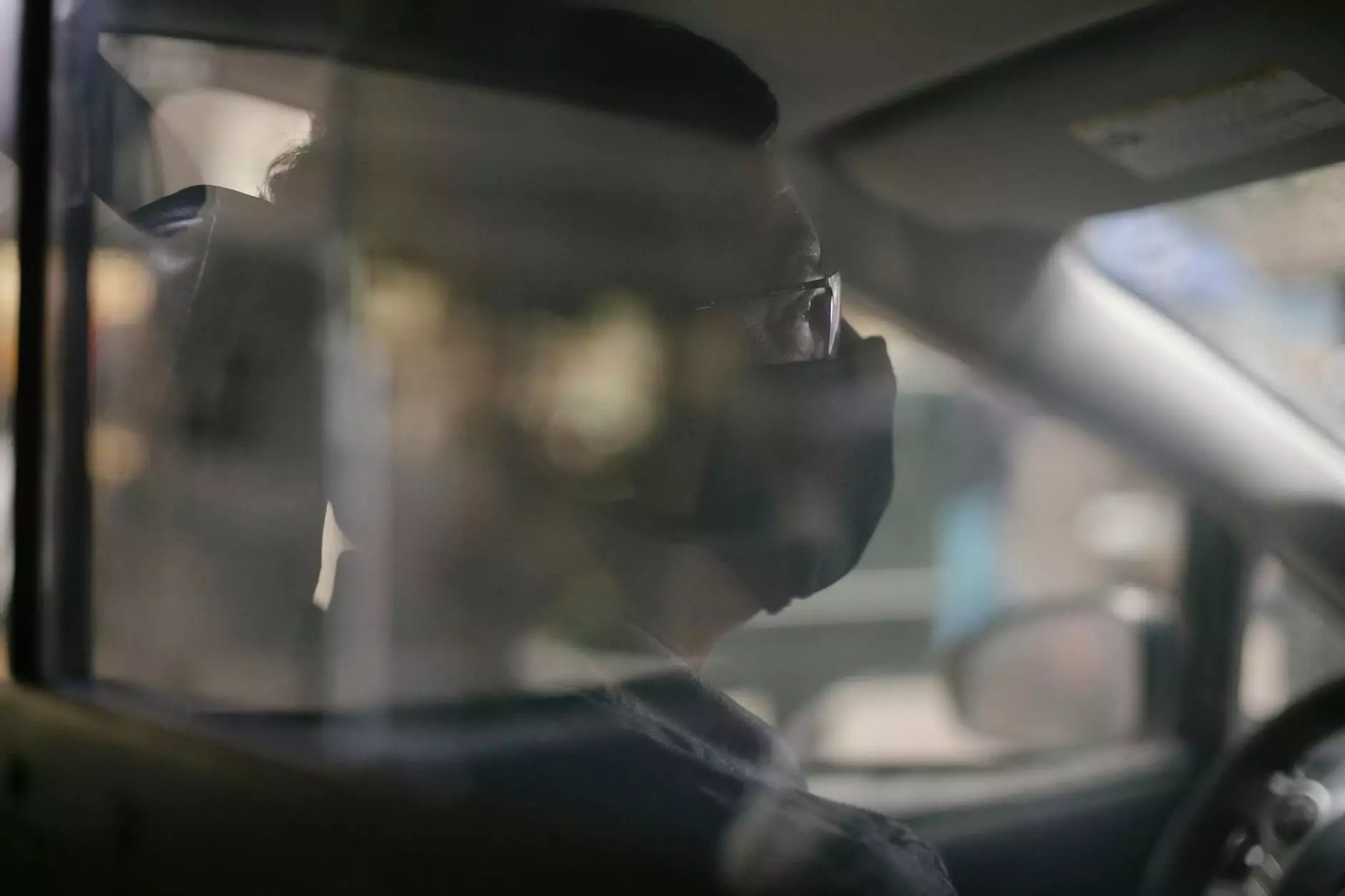What Traffic Violations Are Considered Criminal Offenses?
Criminal Defense
Welcome to John Hugh Shannon, your trusted source for legal expertise in the field of traffic violations and criminal offenses. As a leading legal professional in the law and government - legal category, we strive to provide you with comprehensive information and guidance on the various aspects of traffic violations that can be considered criminal offenses.
Understanding Criminal Traffic Violations
In the realm of traffic violations, there are certain offenses that go beyond mere infractions and can potentially result in criminal charges. These offenses typically involve more serious violations of traffic laws, which pose a significant risk to public safety. It is crucial to have a clear understanding of these criminal traffic offenses, so you can take appropriate measures to protect your rights and navigate the legal process effectively.
Common Types of Criminal Traffic Offenses
1. Driving Under the Influence (DUI): DUI is one of the most prominent criminal traffic offenses. It refers to operating a motor vehicle while under the influence of alcohol or drugs. A DUI conviction can have severe consequences, including hefty fines, license suspension, mandatory alcohol education programs, probation, and even imprisonment.
2. Reckless Driving: Reckless driving involves a willful disregard for the safety of others on the road. This offense typically includes excessive speeding, aggressive driving, or any behavior that endangers the lives of fellow drivers, passengers, or pedestrians. Reckless driving charges can result in significant fines, license suspension, and potential imprisonment.
3. Hit and Run: Leaving the scene of an accident, especially when someone is injured or killed, is considered a criminal offense. Hit and run incidents can lead to serious legal repercussions, including criminal charges, heavy fines, and the possibility of imprisonment.
4. Vehicular Manslaughter: When a traffic accident results in the death of another person due to the negligent or reckless behavior of the driver, it can be classified as vehicular manslaughter. This offense carries severe penalties, including substantial fines and significant prison terms.
The Legal Implications of Criminal Traffic Offenses
When traffic violations cross the line and become criminal offenses, the legal implications become more severe. It is essential to understand the potential consequences you may face if charged with a criminal traffic offense:
1. Criminal Record: A conviction for a criminal traffic offense can result in a permanent criminal record, which can affect various aspects of your personal and professional life, including employment opportunities, housing, and financial matters.
2. Increased Insurance Rates: Insurance companies often consider criminal traffic offenses as high-risk behaviors, leading to significant increases in insurance premiums or potential policy cancellations.
3. License Suspension or Revocation: Depending on the offense, a criminal traffic conviction can result in the suspension or revocation of your driving privileges. This can have a profound impact on your daily life, making it challenging to commute and fulfill obligations.
4. Mandatory Substance Abuse Programs: Certain criminal traffic offenses, such as DUI, often require completion of mandatory substance abuse programs or treatment as part of the legal process. Failure to comply with these requirements can result in further legal consequences.
What to Do if Charged with a Criminal Traffic Offense
If you find yourself facing criminal charges for a traffic offense, it is crucial to take immediate action to protect your rights and build a strong defense. Here are some important steps to consider:
1. Seek Legal Representation:
Consult with an experienced traffic attorney who specializes in criminal offenses. An attorney will guide you through the legal proceedings, analyze your case, and provide personalized advice based on their expertise in traffic laws.
2. Understand Your Charges:
Educate yourself about the specific criminal traffic offense you are charged with. Familiarize yourself with the elements of the offense, potential penalties, and any legal defenses that may apply in your situation.
3. Gather Evidence:
Collect any relevant evidence, such as witness statements, photographs, or video recordings, that may support your defense. This evidence will be crucial in building a strong case and challenging the prosecution's claims.
4. Develop a Defense Strategy:
Work closely with your attorney to develop a robust defense strategy tailored to your case. This may involve challenging the evidence presented against you or seeking alternative resolutions, such as plea bargains.
5. Attend Court Hearings:
Adhere to all court dates and requirements outlined by the legal system. Failure to appear or comply can result in additional charges or negative consequences for your case.
Remember, every situation is unique, and it is essential to consult with a qualified attorney who can provide personalized guidance based on your specific circumstances. With the right legal expertise by your side, you can navigate the complex world of criminal traffic offenses and work towards a favorable outcome.
At John Hugh Shannon, we are dedicated to helping individuals facing criminal traffic charges. Our experience in law and government - legal matters allows us to provide the support and representation you need during this challenging time. Contact us today to schedule a consultation and explore your legal options. Together, we can navigate the legal system and work towards securing a successful resolution for your case.




